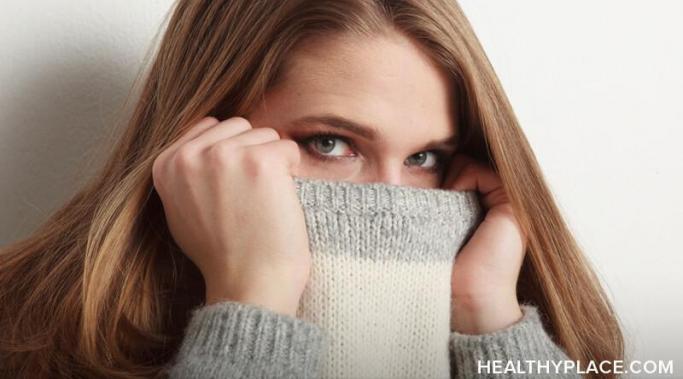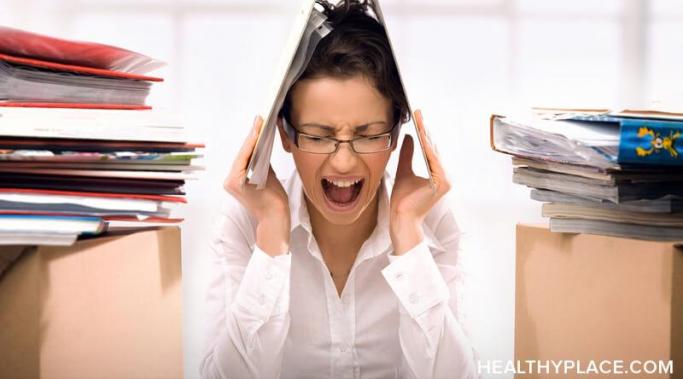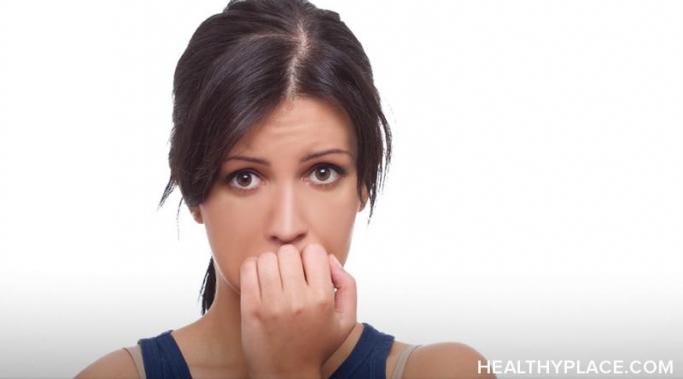I've been thinking lately about how I stop my panic attacks. Panic attacks can be frightening to deal with when they are happening. As someone who has dealt with panic attacks for as long as I have been dealing with chronic anxiety, I have found that it is important for me to know how to cope when I experience a panic attack and how to stop panic attacks.
Anxiety Videos – Treating Anxiety
My name is Elizabeth Naraine, and I am excited to join the HealthyPlace community as a new author for "Treating Anxiety." Anxiety has affected me in different ways throughout my life. Beginning in the early years of elementary school, I experienced racing thoughts and a pit in my stomach before the day started. Throughout my teen and adult years, it evolved to constant worrying about my future, career outlook, and relationships. My goal with this blog is to help you feel supported and understood through the challenges of living with anxiety and offer a glimmer of hope that there are effective ways to treat anxiety and overcome it.
When we experience a stressful situation, we experience a stress response, also known as the fight-flight-or-freeze response. How we respond depends on several factors, but I’ve found that I often freeze in stressful situations. Because of this, I’ve had to learn ways to unfreeze to help me move forward in certain circumstances.
I've noticed that slowing down helps my anxiety. When I am extremely busy, the pressures of having a demanding schedule and multiple deadlines begin to weigh on me and contribute to my anxiety. The busier my schedule gets, the more I feel anxious daily. Unfortunately, this becomes evident as I start having a hard time sleeping, concentrating, and focusing on day-to-day responsibilities. In these situations, I need to help my anxiety by slowing down.
When you are constantly anxious, it is hard to confront traumatic experiences and process your feelings from trauma. What can end up happening as a result is that you may avoid dealing with the situation. However, processing your feelings from trauma is critical.
One of the problems I have found when dealing with anxiety is not knowing why I'm anxious. Overall, throughout the years, I've been able to build my resilience to stress, and as a result, I can cope more effectively when I'm experiencing a stressful situation. But, part of the problem with having an anxiety disorder is that, even if you've felt fairly well for quite some time, you can still experience a resurgence of anxiety symptoms. Even during the happiest times in my life, I've had to be aware of anxiety triggers and how they may affect me when I least expect it, even when I don't know why I'm anxious.
One of the most significant symptoms of anxiety that I have struggled with has been hypervigilance. Hypervigilance pertains to being on guard and alert for threats in the environment and may result in engaging in behavior with the purpose of preventing danger.1
I often find that I experience high levels of anxiety during the holidays. This can make it difficult to enjoy the holidays and to experience the season's festivities. It's also difficult to appreciate the holidays with elevated anxiety.
It's the holidays again, and I've found that this is a good time of year to not only say thanks but actively practice gratitude to help my anxiety. I've learned that gratitude can be a very powerful emotion and can actually help reduce stress and lessen the symptoms of anxiety that I experience.
Recently, I received news that someone I am close to is very sick. I think one of the most difficult anxiety triggers that I may be confronted with is when someone I care about is ill.









